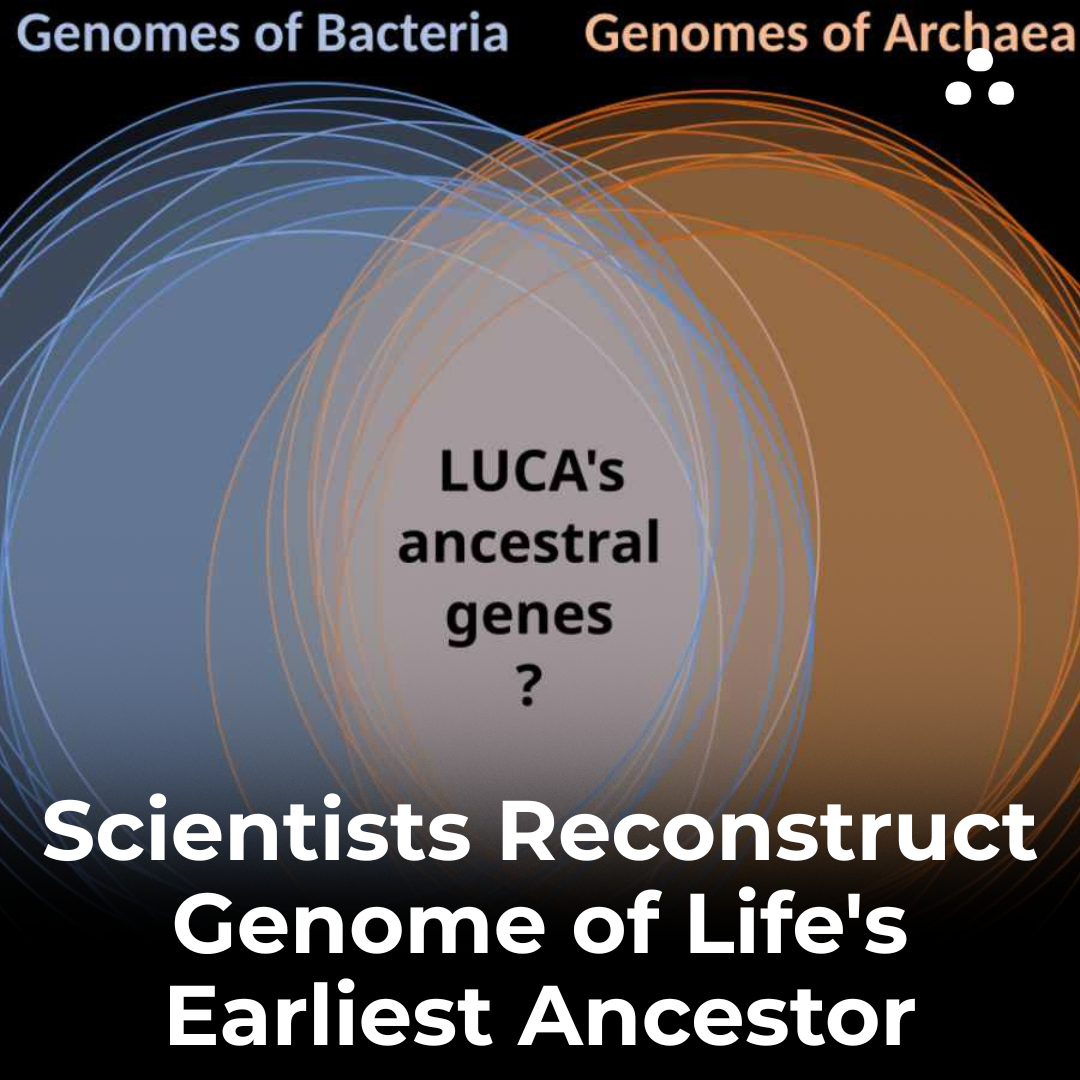What did scientists accomplish regarding LUCA in 2024?

In 2024, researchers achieved a significant milestone by partially reconstructing the genome of the Last Universal Common Ancestor (LUCA)—the most recent common ancestor of all current life forms. This ancient organism is estimated to have lived around 4.2 billion years ago, shortly after Earth's formation.
The international team analyzed genomes from over 700 modern bacterial and archaeal species to infer LUCA's genetic makeup. Their findings suggest that LUCA possessed a genome encoding approximately 2,600 proteins, indicating a complexity comparable to that of modern bacteria. It likely thrived in hot, anaerobic environments, utilizing hydrogen and carbon dioxide for energy, and may have inhabited ecosystems such as hydrothermal vents or hot ponds.
This reconstruction offers valuable insights into the early evolution of life on Earth, shedding light on the characteristics and capabilities of one of our planet's earliest ancestors.



